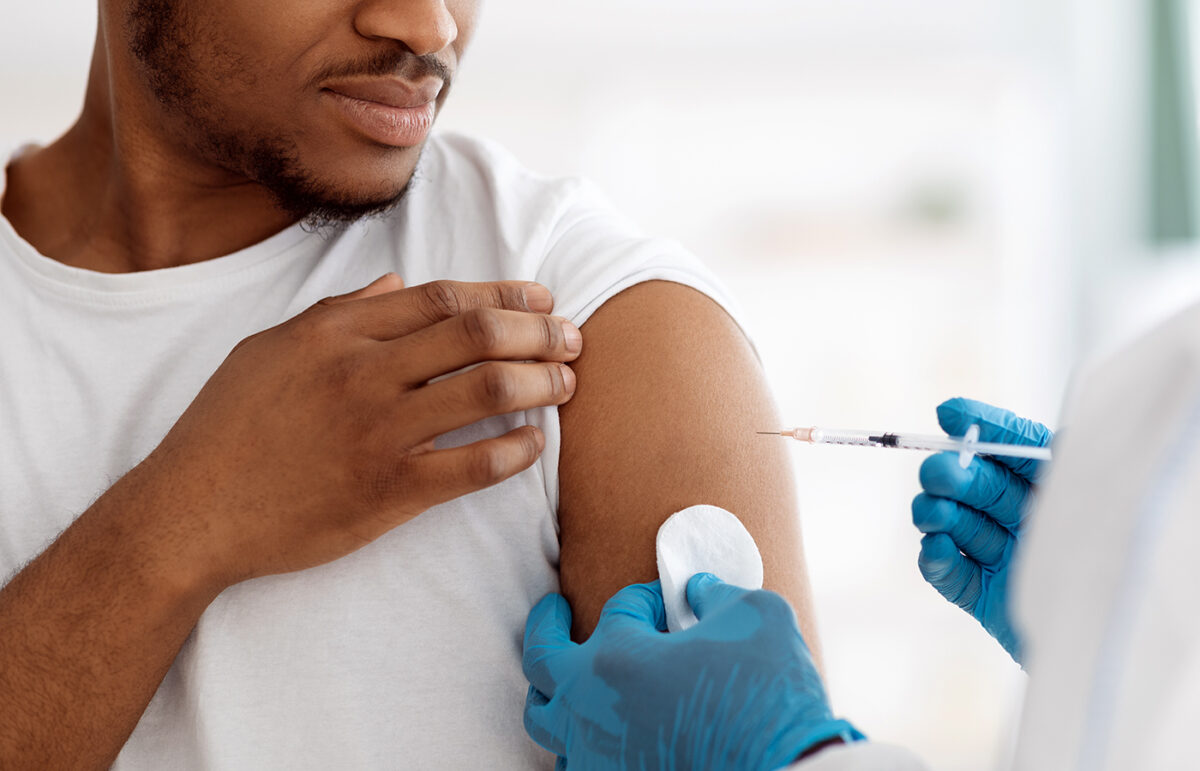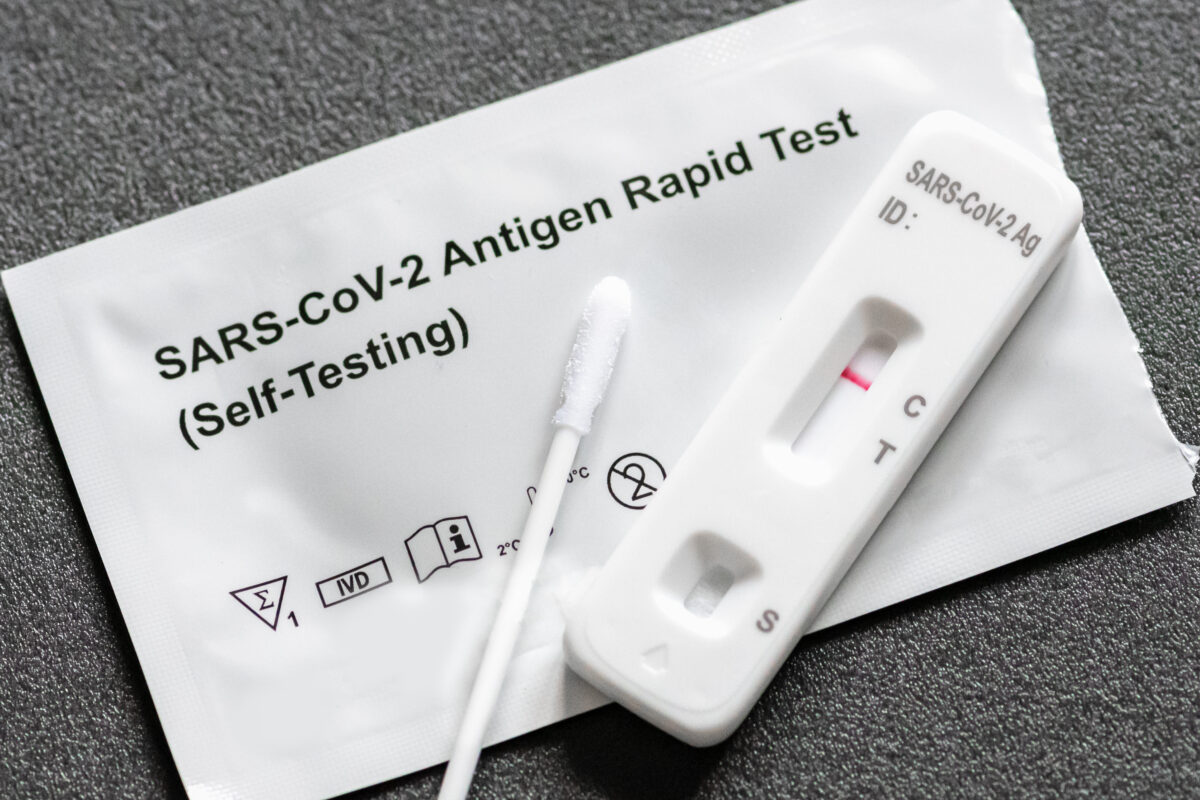
In this installment in our series explaining key terms and phrases used by public health officials in discussions of the COVID-19 pandemic, we review the term “fomite.”
Understanding how the novel coronavirus (SARS-CoV-2) spreads has been a priority of the public health community. When discussing modes of transmission of the virus, public health officials sometimes use the term “fomite.”
Fomites are inanimate objects that can become contaminated with an infectious agent (such as a virus) and facilitate the transmission of that infectious agent to another person. Examples of fomites include items such as elevator buttons, door handles, and cardboard boxes. One way a virus can get onto these items is when an infected person does not wash their hands after coughing or sneezing, and then touches these surfaces.
Research examining the stability of SARS-CoV-2 on different surfaces recently has become available. According to the Center for Disease Control and Prevention, emerging evidence shows that SARS-CoV-2 may remain on some surfaces from a little as a few hours to multiple days, depending on the material. For example, research published in the New England Journal of Medicine found that the virus was more stable on plastics and stainless steel than on items such as cardboard, with the virus detected on some of these surfaces up to 72 hours later.
While efforts and still ongoing to better understand the role of fomite transmission of SARS-CoV-2, people can mitigate their risk by practicing good hand washing, disinfecting frequently touched surfaces, and avoiding touching their faces. The virus can also be spread through aerosol transmission, which can take place when an infected person cough or sneezes and another person in close proximity breathes in the contagion. For this reason, the ACHI Health Policy Board is urging employers to adopt universal face masking in their workplaces to reduce virus transmission, along with encourage good hand hygiene and social distancing.
See more definitions of terms and other information about the pandemic on our website’s COVID-19 in Arkansas page.






